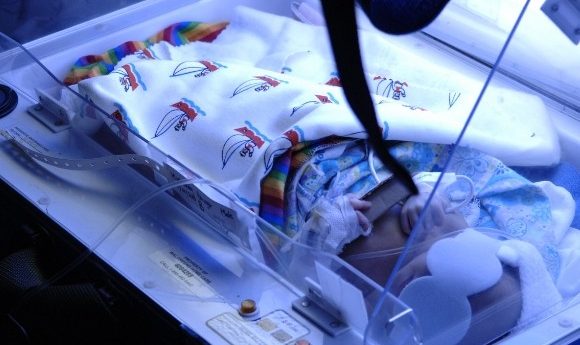Paternal age associations: changing parental preconceptions

A study of over 40 million births has established a strong correlation between older fathers age and risks to the health of the baby and mother, altering our perception that the mother’s age was the only age that mattered.

A recent study conducted at Stanford Medical School (CA, USA) and led by Yash Khandwala that set out to explore the impact of older fathers age on birth risks, has uncovered a series of links between the age of the father and a variety of birth risks. The study even shows that older fathers age could impact the health of the mother.
The study analyzed the data of 40.5 live million births on a data sharing program, organizing the data into categories of father’s age; below 25, 25 to 34, 35 to 40, 45 to 55. The data was then controlled for factors that could influence the correlations between paternal age and birth outcomes; such as maternal age, race, smoking history and access to care.
The results showed that after the age of 35 there was a rise in overall birth risks while clearly noticeable differences were observed in births to fathers over 45. When compared to the average paternal age range (24-34), babies with fathers over 45 had: a 14% higher risk of being admitted to the neonatal intensive care unit, having a low birth weight and of being premature; and an 18% increase in the risk of having seizures. Compared to the same group, fathers over 50 led to a 28% increase in admittance to the neonatal intensive care unit and a 10% higher chance of needing ventilation.
The research team also came across a rather unexpected finding.
“What was really surprising was that there seemed to be an association between advanced paternal age and the chance that the mother would develop diabetes during pregnancy,” mused Michael Eisenberg (Stanford), senior author on the paper.
Fathers in the 45 and older category had maternal partners with a 28% increased risk of developing gestational diabetes compared to the 24-34 age category.
While it is important to remember that these increases are from incredibly small original risk percentages and so should not impact people’s life decisions overtly, these results do provide information that can help inform on birth plans and offers a new perspective on birth risks. As Eisenberg explains: “We tend to look at maternal factors in evaluating associated birth risks, but this study shows that having a healthy baby is a team sport, and the father’s age contributes to the baby’s health, too.”
The next step for the research is to confirm the correlation as causal, not just coincidental, by conducting the study across different population cohorts and establishing some of the biological mechanisms behind the associations. “Having a better understanding of the father’s biological role will be obviously important for the offspring, but also potentially for the mother,” postulated Eisenberg.